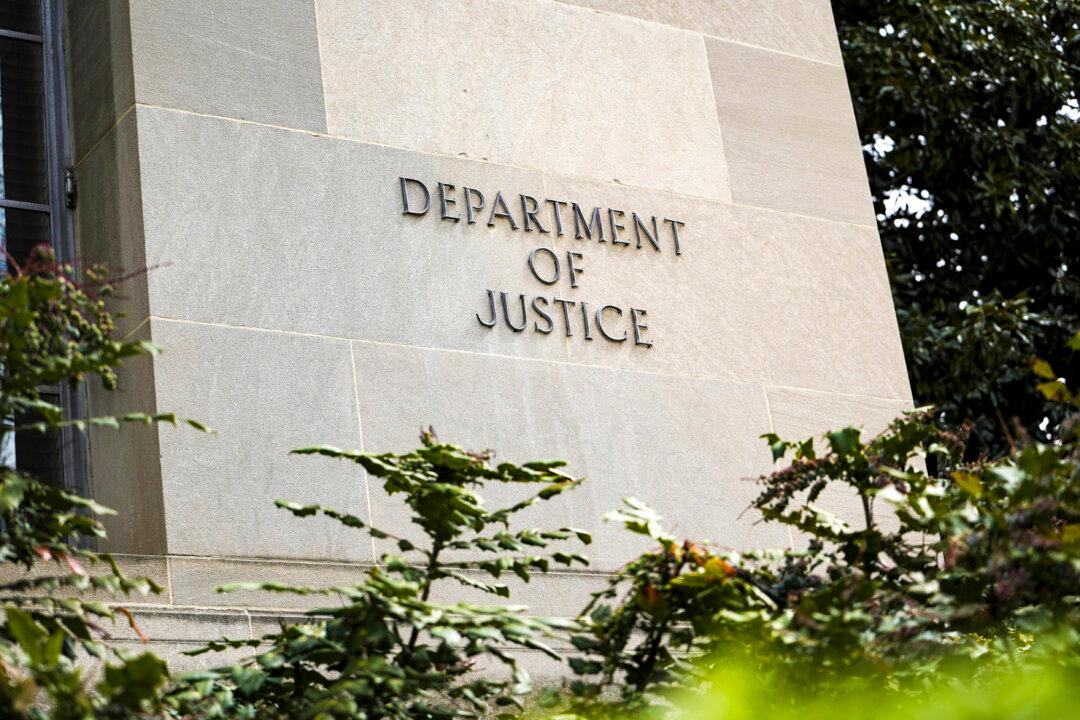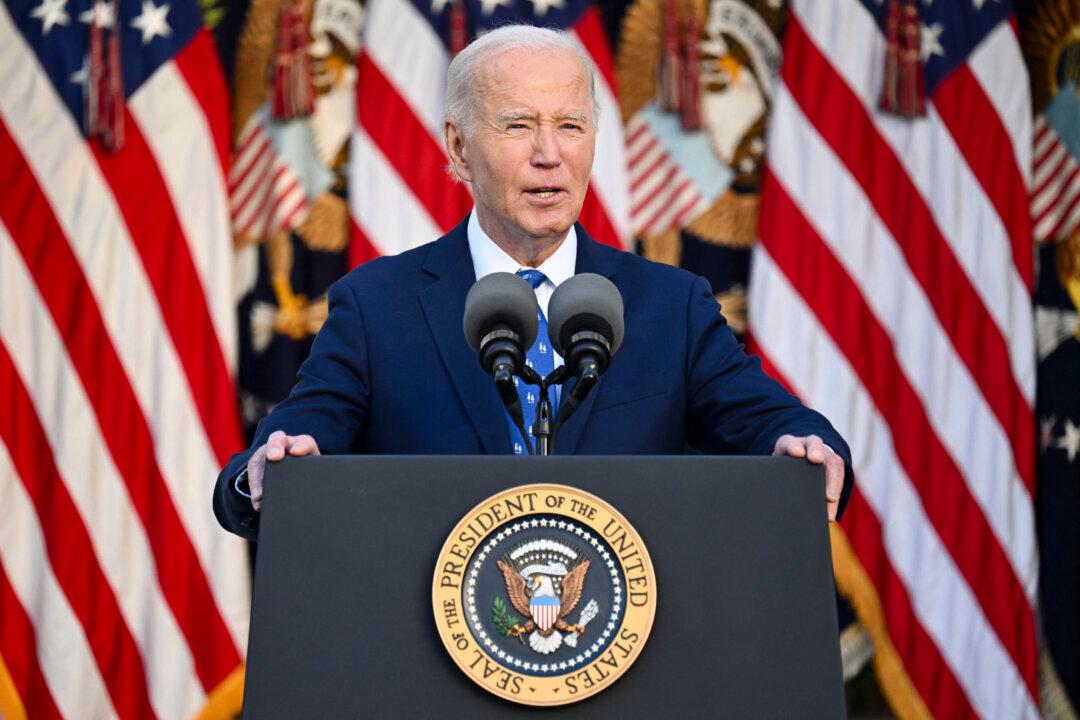The Biden administration says it’s suspending some foreign assistance programs in Cambodia after the Cambodian People’s Party (CPP), led by Prime Minister Hun Sen, claimed a landslide victory in the July 23 general election.
U.S. State Department spokesman Matthew Miller declared the country’s elections to be “neither free nor fair,” given the threats and harassment faced by political opposition, media, and civil institutions ahead of the voting.
Mr. Miller stated that Washington would impose visa restrictions on Cambodians whom it believed had undermined democracy, but he didn’t disclose the names of any individuals.
He urged the CPP to use its victory to improve the country’s international standing, including by restoring multiparty democracy, ending politically motivated trials, reversing convictions of government critics, and allowing independent news outlets to operate without interference.
In addition to the United States, the European Union and other Western countries had refused to send observers to the polls, saying ahead of Election Day that the election lacked the conditions to be considered free and fair. That left international officials from Russia, China, and Guinea–Bissau to monitor.

Hun Sen Plans for Son as Successor
Hun Sen, 70, holds the distinction of being the longest-serving leader in Asia, having ruled Cambodia for nearly four decades since 1998. He has previously indicated to Chinese state media that he plans to pass on the premiership to his eldest son, Hun Manet, within three weeks of his reelection.During an interview with the local news agency Phnom Penh Post on July 21, Hun Sen said that he would reclaim the country’s leadership position if his son failed to meet the expectations set for the role.
“If my son fails to meet expectations ... I would reassume my role as prime minister.”
‘Electoral Farce’
Executive director of the Cambodian Human Rights Action Coalition, Ros Sotha, told RFA from polling stations that he and his team were monitoring concerns voiced by voters about their options on the ballot.“The unhappy reaction of the people seems to be due to the fact that the main opposition party is absent from the election,” he said.
“They can achieve nothing beyond lending legitimacy to an electoral farce that, at best, distorts the popular will and, at worst, reverses it. This is the worst service that can be offered to the Cambodian people,” Mr. Rainsy wrote in an article published in Nikkei Asia on May 9.
Mr. Rainsy has lived in exile in France since 2015 to avoid serving a prison sentence for multiple defamation charges. A court dissolved his CNRP party in 2017 after it was accused of plotting to topple Hun Sen’s government. He was sentenced to 25 years in prison in 2021.





